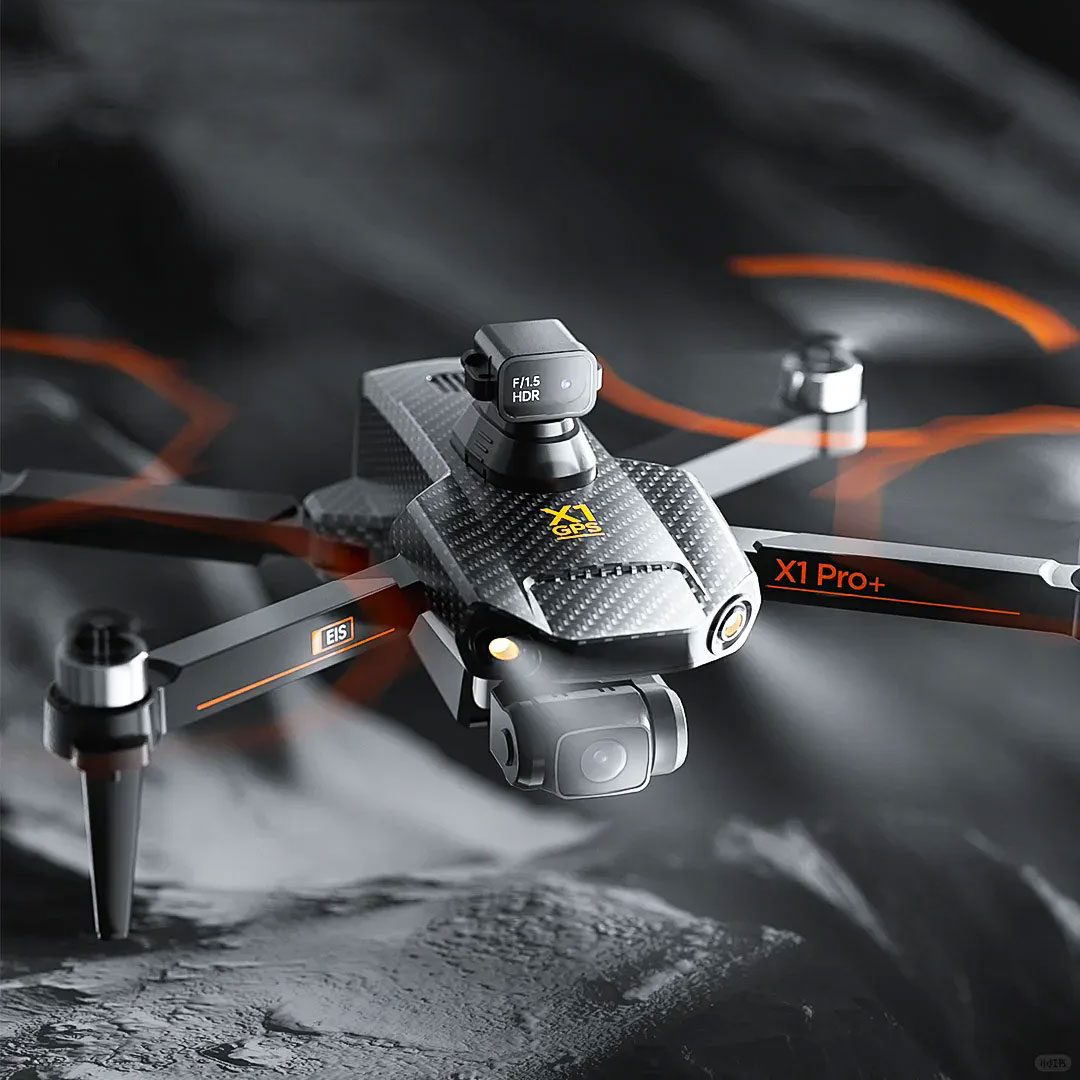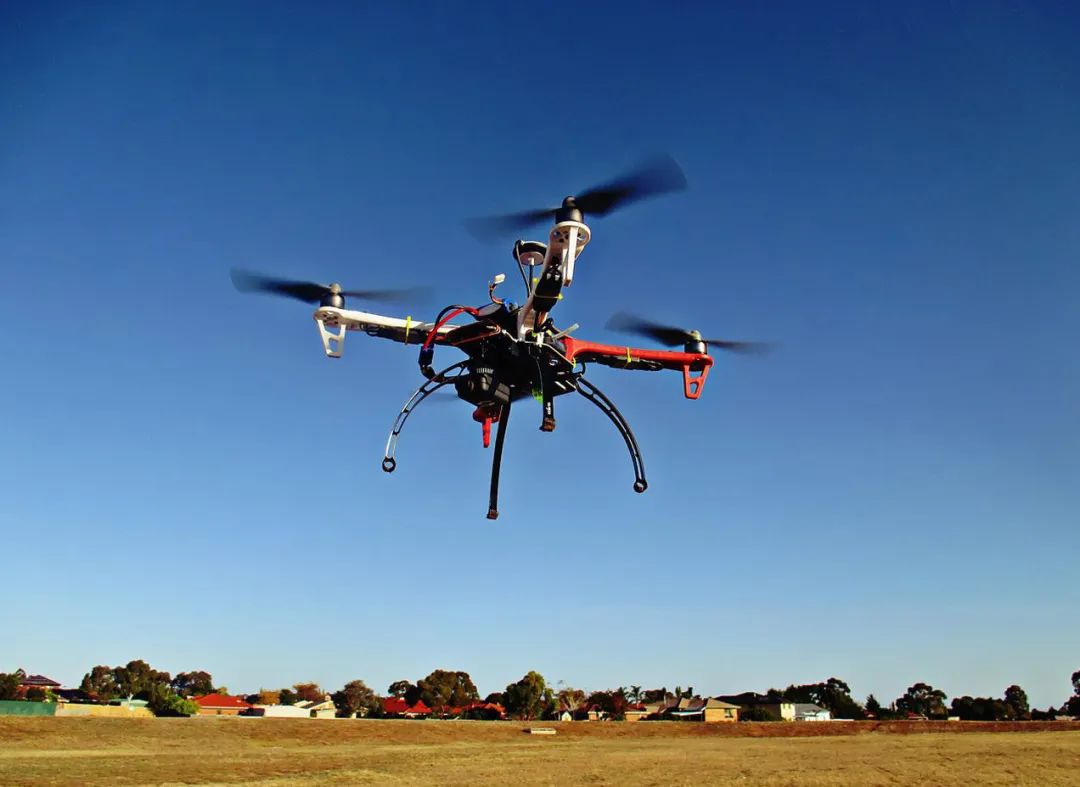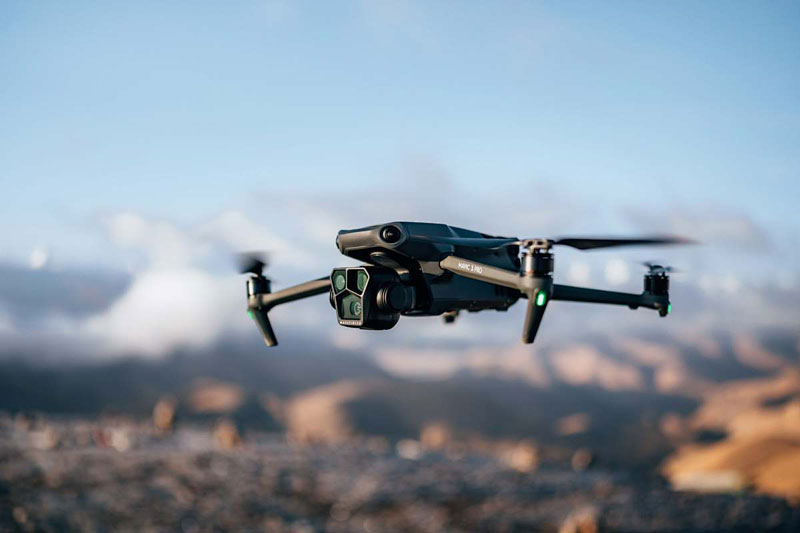The integration of drones into the realm of agriculture marks a dramatic shift in how farming practices are conducted, presenting numerous opportunities for enhancement and efficiency. In recent years, the advancement of drone technology has provided farmers with unprecedented capabilities to monitor and manage their crops with precision.
The Impact of Drones on Agriculture
Drones, often referred to as unmanned aerial vehicles (UAVs), have introduced a new era in agricultural technology. Traditionally, farmers relied on manual labor and ground-based equipment to assess crop health and distribute resources. However, drones have revolutionized these processes by offering aerial perspectives that were previously difficult to obtain without costly aircraft or satellite imagery.
Precision Agriculture and Its Benefits
One of the most significant contributions of drones in agriculture is the enhancement of precision farming. By utilizing drones equipped with advanced sensors and cameras, farmers can collect specific data on crop conditions, soil health, and even pest infestations. This data collection allows for targeted application of water, fertilizers, and pesticides, thereby minimizing waste and reducing costs.
Moreover, precision agriculture facilitated by drones allows farmers to implement site-specific management rather than treating an entire field uniformly. This targeted approach leads to healthier crops and higher yields, as the specific needs of different areas within a field can be addressed accurately.
Monitoring and Surveillance Capabilities

Drones equipped with high-resolution cameras can continuously monitor vast agricultural lands. These surveillance capabilities enable farmers to identify issues such as pest damage or disease outbreaks much earlier than traditional methods would allow. With early detection, appropriate interventions can be implemented promptly, ultimately protecting the yield and ensuring the sustainability of farming practices.
Cost-Effectiveness and Efficiency
The use of drones in agriculture is not only cost-effective but also time-efficient. Operations that would typically require extensive labor hours can now be performed in a fraction of the time, with minimal manual effort. Reduced manpower requirements and enhanced data collection result in significant savings for farmers over time.
Environmental Sustainability
The environmental impact of agricultural practices has been a growing concern worldwide. Drones offer a solution to this problem by promoting environmentally sustainable farming techniques. By ensuring precise application of inputs such as fertilizers and pesticides, drones help decrease runoff and pollution, ultimately leading to more sustainable agricultural ecosystems.

Additionally, drones can be used to map topographical features and assess erosion patterns, enabling farmers to implement soil conservation practices more effectively. This not only preserves the land but enhances its productivity over the long term.
The Future of Drones in Agriculture
As technology continues to evolve, the role of drones in agriculture is expected to expand. Innovations in drone technology are likely to introduce more sophisticated features, such as artificial intelligence and machine learning capabilities, which could further enhance their utility in farming practices. Consequently, the future of agriculture looks promising with drones at the forefront.
Drone technology is poised to become an integral component in the advancement of global agricultural practices, driving efficiencies and promoting sustainability across the industry.
Frequently Asked Questions

Q: How do drones help with crop monitoring?
A: Drones equipped with cameras and sensors can capture detailed images and data of crops. This information helps farmers detect issues early, such as pests or diseases, allowing for targeted treatment and ultimately better yield.
Q: What are the cost implications of using drones in farming?
A: While the initial acquisition of drone technology may involve some investment, the long-term savings from reduced labor costs and efficient resource management often outweigh the initial expense.
Q: Can drones be used in organic farming?
A: Yes, drones can be beneficial in organic farming by providing detailed insights into crop health and aiding in the precise application of permitted organic treatments, thus maintaining compliance with organic farming standards.
